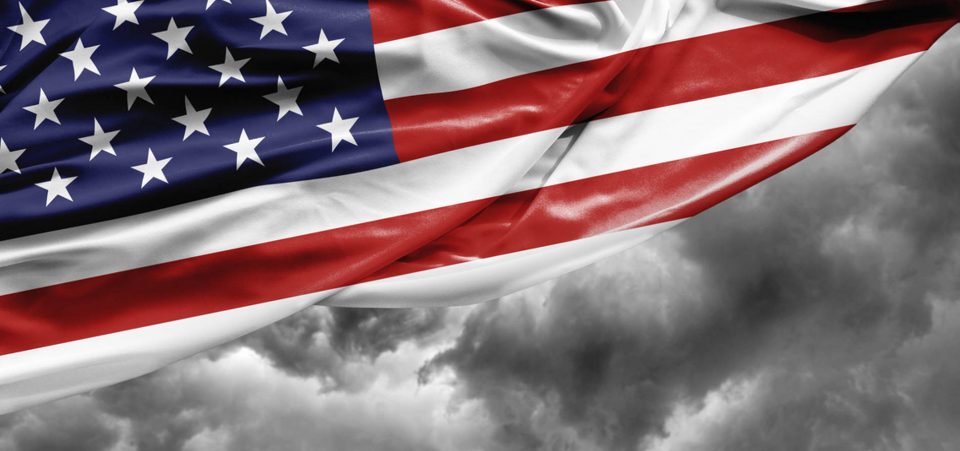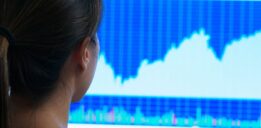The Problems of the Financial Crisis of 2008 Are Still with Us
It’s been almost nine years since the financial crisis of 2008. It was the biggest market crash since the Great Depression. It started with the default of Lehman Brothers Holdings, Inc. on September 15, 2008. The surprise of the default was compounded by that fact Lehman and its Wall Street counterparts were considered “too big to fail.”
But the warning signals were loud and came a year earlier. Indeed, 10 years ago, those willing to avoid groupthink and keep their minds open could detect the first tremors of the subprime mortgage crisis earthquake. The next stock market crash will not keep us waiting much longer. We have not yet come out of the last one, yet we’re heading straight into another financial crisis.
Also Read: “Economic Crash 2017” and How Next Financial Crisis Could Be Worse than 2008
The deep causes of that event have not been cured. Another shock is around the corner. A different detonator will trigger it, a “black swan” event out of nowhere will radically alter the financial landscape. But at the root will be the same irrational exuberance that has caused all financial crises. What cannot be ruled out are the effects of the next stock market crash.
Nine years ago, we were lucky, at least in the fully industrialized and developed economies. Many lost jobs and savings. Others lost homes and property. But despite some protests, violence was limited. In the Middle East and North Africa, it’s no coincidence that the so-called Arab Spring started in Tunisia.
That country was once a tourist magnet, attracting tourists and investments from all over Europe. The 2008 crisis, which affected Europe as well as the United States (and Canada), eroded confidence so much that many European companies, banks, and individuals had to cut foreign investment to places like Tunisia.
The revolt that culminated in the ousting of that country’s government on January 14, 2011, spread like fire in the region and combined with other socioeconomic and political elements to give us ISIS or the Islamic State. This terror group has launched attacks throughout Europe and devastated two countries.
I consider ISIS a warning sign of what might emerge from the next financial collapse on Wall Street. The Great Depression, following the crash of 1929, contributed no small part in facilitating the rise of Hitler in Germany and exploding into World War II. The movement and legitimate resentment of the many who have voted for President Trump are being tested every day.
And every day there is the risk of an escalation that could trigger a wave of violence and protests. As the events of Charlottesville demonstrated on August 12, tensions are deep and ready to erupt unpredictably. It’s ironic that protesters on both sides focused their attention on a statue of Confederate General Robert E. Lee because another civil war, or some form of it, cannot be ruled out after the next major financial collapse.
Also Read: Warren Buffett Indicator Predicts Stock Market Crash in 2017
Finance and Politics Makes for an Explosive Mix
Finance affects politics, society, and even close interpersonal relations more than at any time in history. It has the power to trigger major shifts. When the markets and the economy are performing well, there’s enough proverbial “oil” to grease the machinery of society into smoothing out class, income, and power relationships. But when the markets crash, they do so loudly, activating coping mechanisms that are not in everyone’s best interests.
Finance dominates the world more than ever. The influence is ever expanding thanks to its ironclad alliance with the tech or Silicon Valley giants. When finance goes bad, politics responds with extreme phenomena. I believe Donald Trump would not have won the keys to the White House had the last huge crash of 2008 not left the U.S. with a prolonged economic disaster, social discord, and a deep sense of injustice mixed with resentment. Imagine what another crash could do. The current populism would take its next logical course into all-out conflict.
Let’s not fool ourselves, the American economy and the “great” engine of growth has always produced deep social inequalities. The working class, and even the middle classes, have had to work hard to maintain even a part of what is considered a good standard of living. The banking system “cured” those imbalances in its own way. It used credit to mask economic differences. The subprime mortgage was the banks’ most devious and ingenious tool of social mobility.






